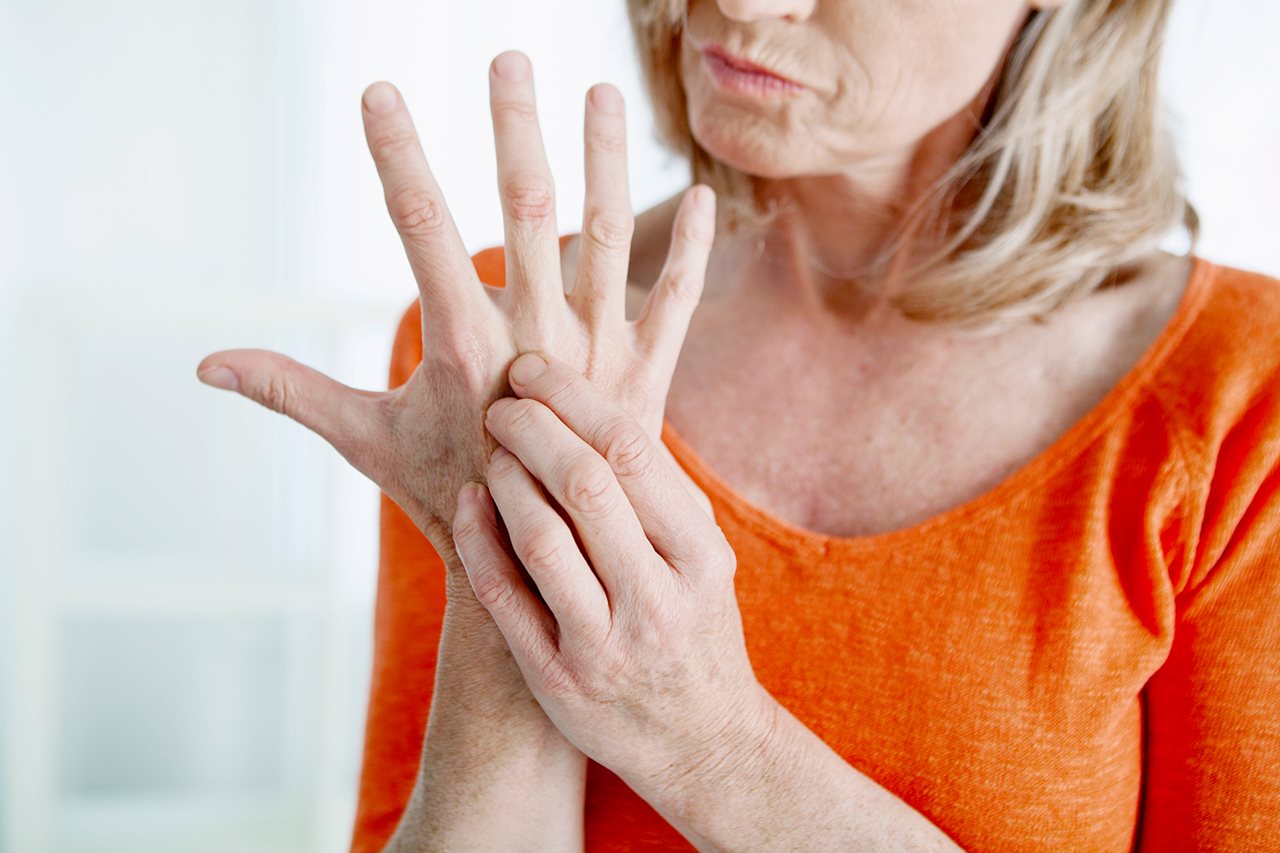(BPT) - If you’ve been diagnosed with rheumatoid arthritis (RA), you’re far from alone.
The inflammatory disease affects some 1.3 million adults in America, according to the National Institutes of Health.1,2
What’s more, despite recent advances in treatments for the disease, many patients still experience ongoing, disruptive and often very painful symptoms.
RA patient Catherine M. has learned to cope with RA by “gaining a realistic understanding about what it means to have an autoimmune disease — what it can do to my body and how it impacts my life. It’s all about balance, acceptance, and perseverance.”
Catherine has also learned to listen to her body and work with her RA healthcare team when her symptoms persist. If you are currently on treatment for your RA and your symptoms are still interfering with your daily life, your RA may not be well controlled. Consider scheduling an appointment with your RA healthcare team to discuss your symptoms and signs and learn what other options may exist to help you break out of the cycle of pain, fatigue and stiffness.

Unrelieved joint pain and swelling. You may feel pain or stiffness, or notice puffiness, redness or warmth around your extremities (like your fingers, toes, wrists, knees, ankles, elbows, hips and/or shoulders). It’s especially important to talk to your healthcare team if any of these symptoms are keeping you from carrying on with your daily activities.

Morning stiffness. The early morning hours can be worse for people with RA who may experience more pain or stiffness after sleeping.3 If you notice that your RA-related pain is particularly debilitating or lasts longer than usual, it’s worth noting to your healthcare team.

Whole-body symptoms. RA can affect your body, beyond just your joints. Some patients experience whole-body symptoms such as fatigue, muscle aches or a feeling of “bad all over,” which some doctors call malaise. Left uncontrolled, these symptoms can take both a mental and physical toll on your body as a whole.

Signs to discuss with Your HCP. In addition to symptoms you experience on your own, there are a few signs that RA patients can discuss with their doctors that may signal their disease is not under control.
One of them is elevated C-Reactive Protein (CRP), a substance associated with inflammation produced in the liver in response to RA and other illnesses. High levels may indicate your RA inflammation is not being controlled by your current treatment.
As Catherine says, “It’s important to have a really open communication about what your needs are and what goals you want to set for yourself.” If your RA symptoms persist and impact your ability to do daily activities, it’s time to get ready to act, and talk with your healthcare team about other available treatment options.
References:
- Rheumatoid Arthritis Fact Sheet. National Institutes of Health Web site. https://report.nih.gov/NIHfactsheets/ViewFactSheet.aspx?csid=63. Accessed on April 29, 2019.
- Helmick, CG et al. Estimates of the prevalence of arthritis and other rheumatic conditions in the United States. Arthritis & Rheumatism. January 2008;58(1):15-25.
- Cutolo, M. et al. Circadian rhythms of nocturnal hormones in rheumatoid arthritis: translation from bench to bedside. Ann Rheum Dis. July 2008;67(7):905-908.
SAUS.SARI.19.04.2689 05/2019













